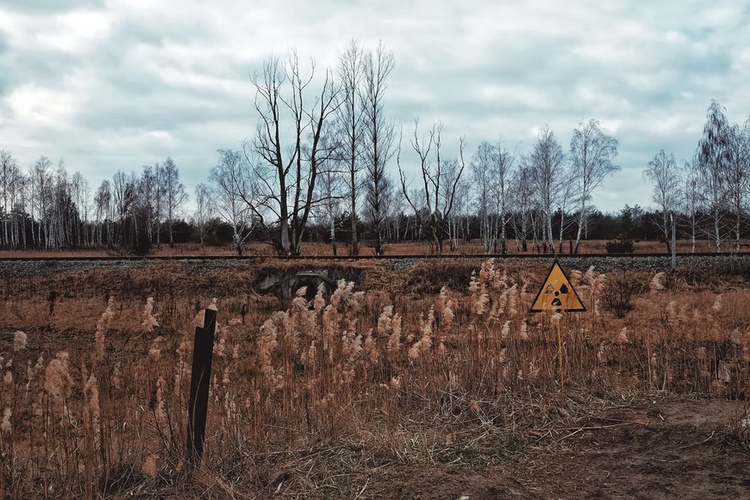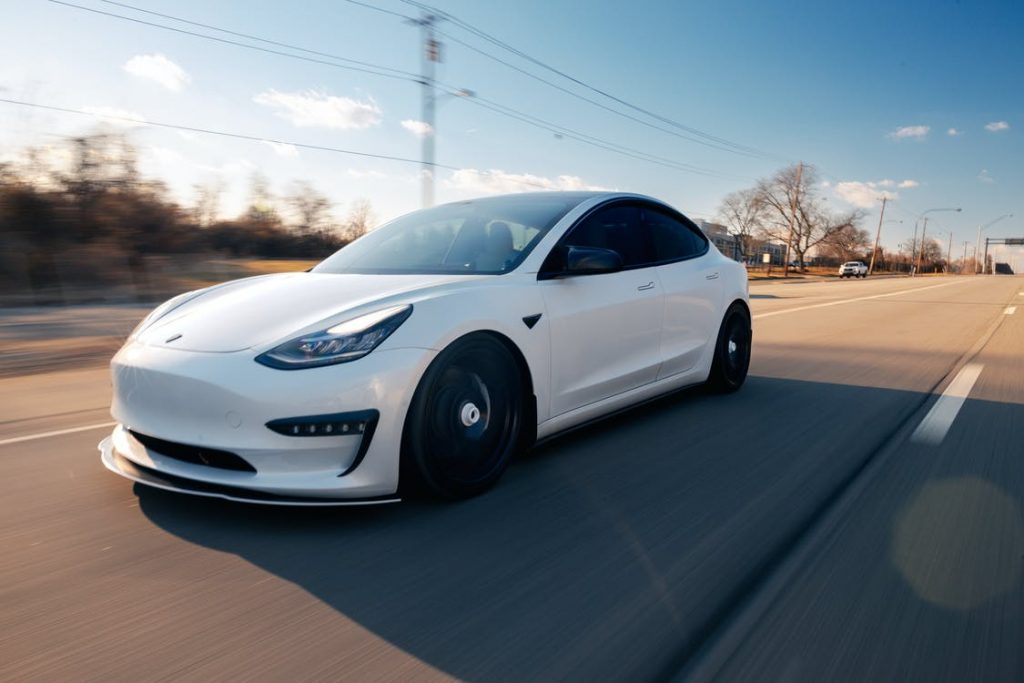April 11 NEC Energy News
¶ “IAEA Says Ukraine Carried Out First Staff Rotations At Chernobyl” • Ukraine informed the International Atomic Energy Agency that it carried out the first staff rotation at the Chernobyl Nuclear Power Plant in three weeks, the IAEA Director General said, adding the agency would send a mission there soon to assist in returning in to normality. [The Star]

¶ “Ukraine Says Russian Soldiers Stole Potentially Deadly Radioactive Substances From Chernobyl” • Russian occupiers at the Chernobyl nuclear plant stole potentially deadly radioactive substances from research laboratories, Ukraine’s State Agency for Managing the Exclusion Zone says. They stole 133 substances that were highly radioactive. [ABC]
¶ “Russia’s Invasion Of Ukraine Has Upset Uzbekistan’s Nuclear Plans” • Four years ago, Uzbekistan turned to nuclear energy to address its chronic energy shortages, relying on Russia to drive the projects forward. Today, with Russia facing sanctions due to its invasion of Ukraine, Uzbekistan’s nuclear future is suddenly looking very uncertain. [Oil Price]
¶ “US Auto Sales Down 18% In First Quarter Of 2022 Versus 2019, Tesla Sales Up 256%” • Compared to the first quarter of 2019, US sales in the first quarter of 2022 were down over 684,000. There are theories about why this happened. But compared to 2019’s first quarter sales, Tesla sales were up 256% in the first quarter of this year, 2022. [CleanTechnica]

¶ “NREL Researchers Plot Energy Storage Under Our Feet” • US National Renewable Energy Laboratory scientists have been researching the use of depleted oil and gas wells as reservoirs for storing compressed natural gas. The wells can subsequently be used to hold other gases, such as carbon dioxide, nitrogen, or hydrogen, to store energy. [CleanTechnica]
¶ “Berkeley Scientists Develop Prototype For Measuring Carbon In Soil” • Current methods for measuring carbon in the ground require digging holes to collect and burn soil samples. They are destructive, costly, and inefficient. But scientists are testing a unit that scans the ground and offers a 3D measurement of the soil’s distribution of elements. [The Daily Californian]
¶ “Banks Say They’re Getting Tough On Coal, But They Keep Lending Trillions To Polluters” • Banks can’t seem to ditch coal. Over the last three years commercial banks have funneled $1.5 trillion into the industry, according to a recent report by green campaign groups Urgewald and Reclaim Finance, along with more than two dozen other NGOs. [CNN]
For more news, please visit geoharvey – Daily News about Energy and Climate Change.
